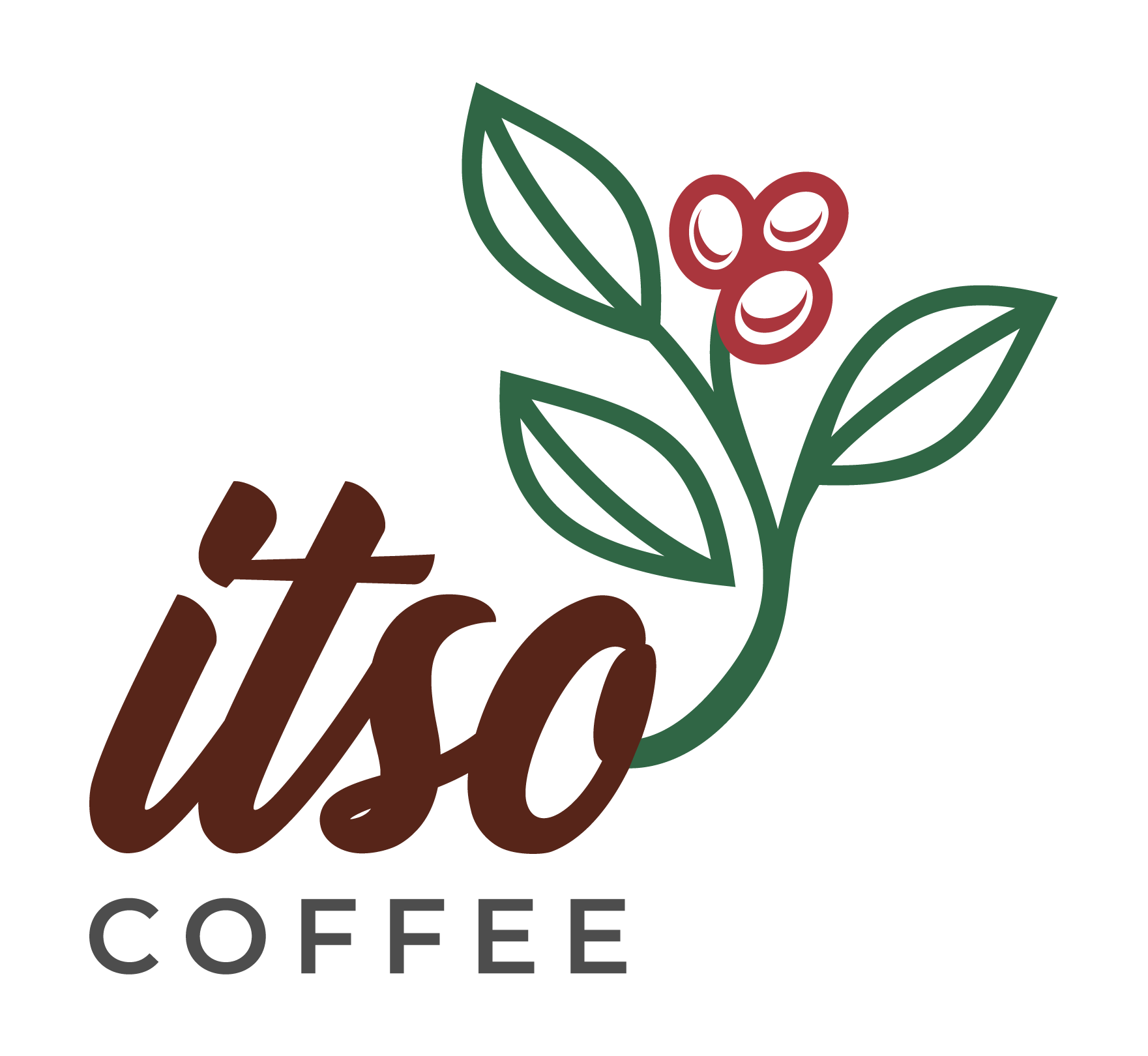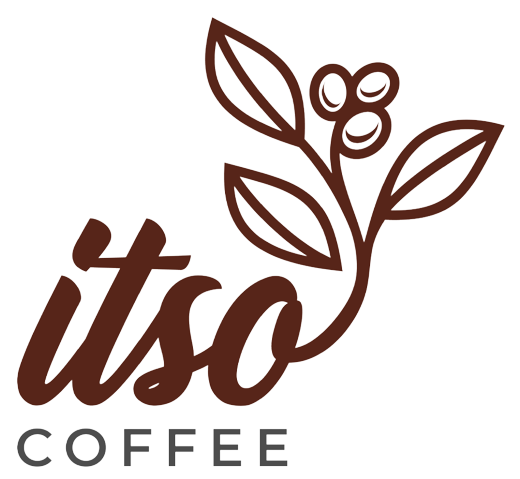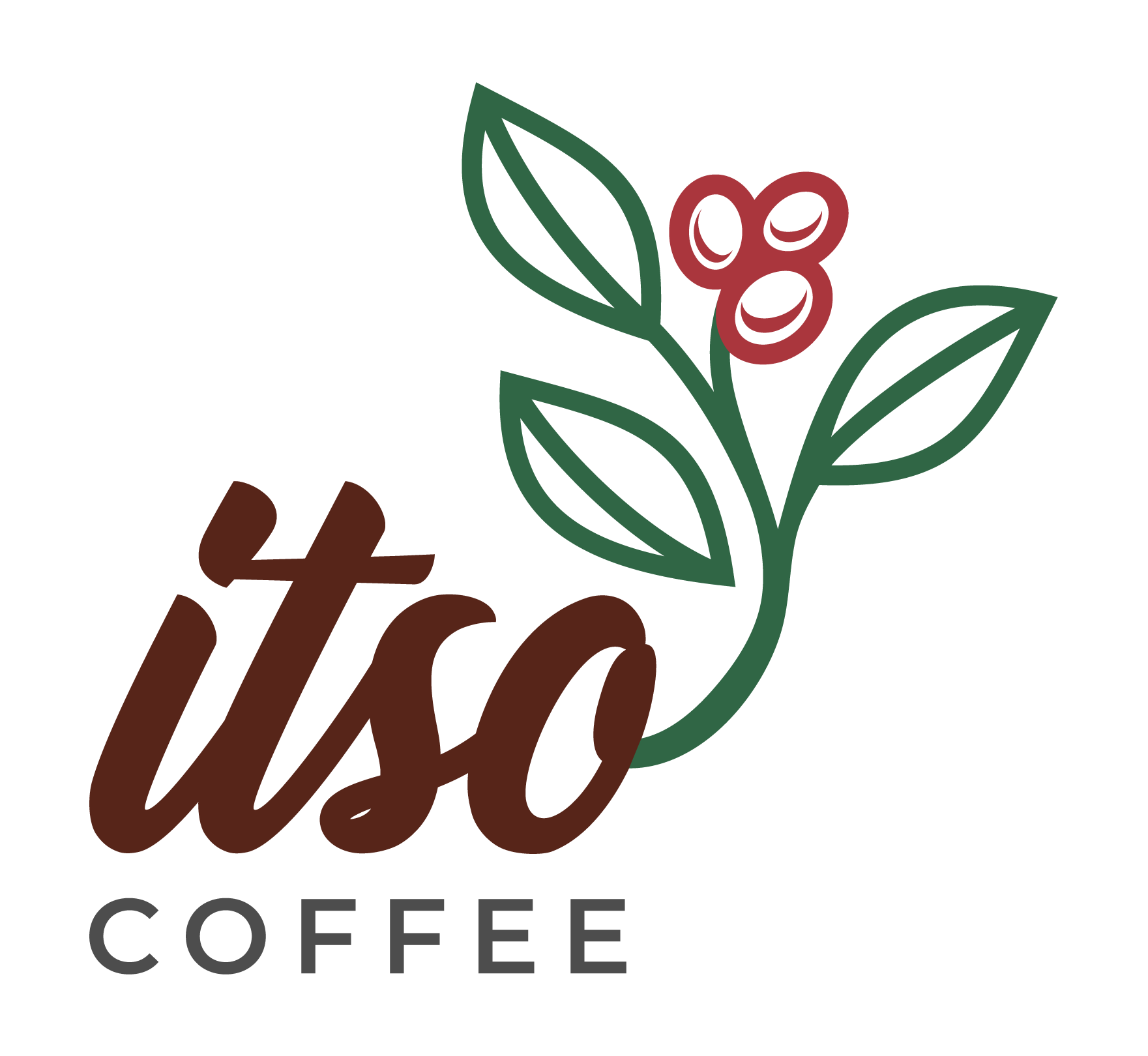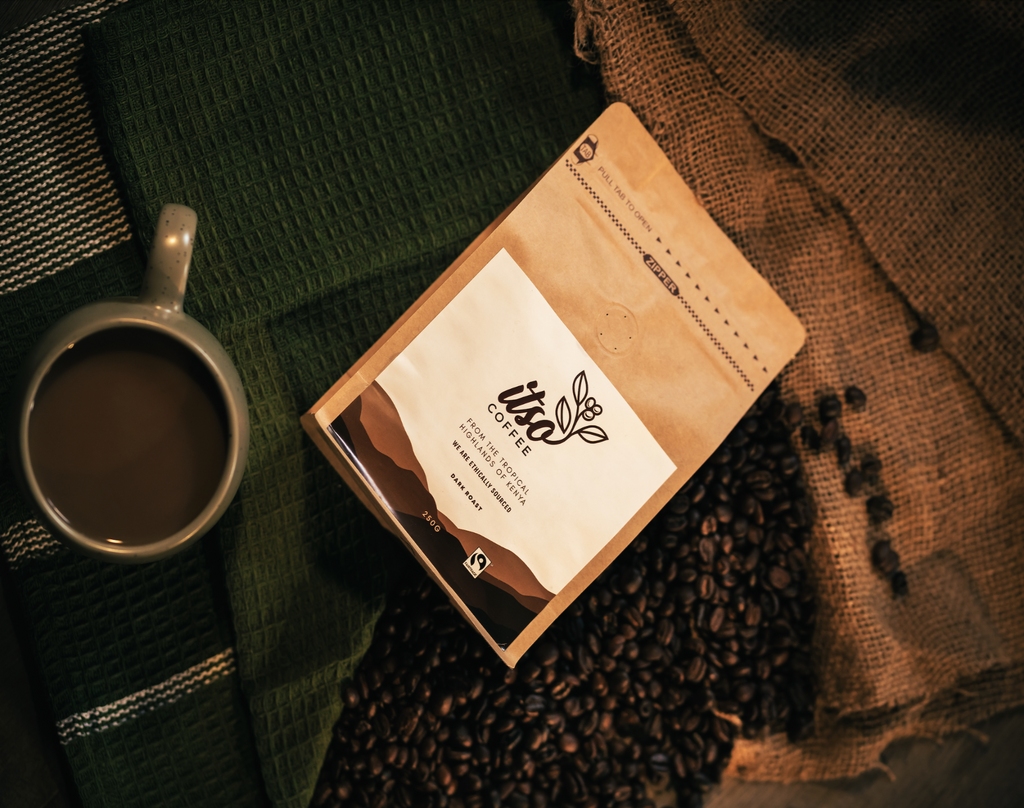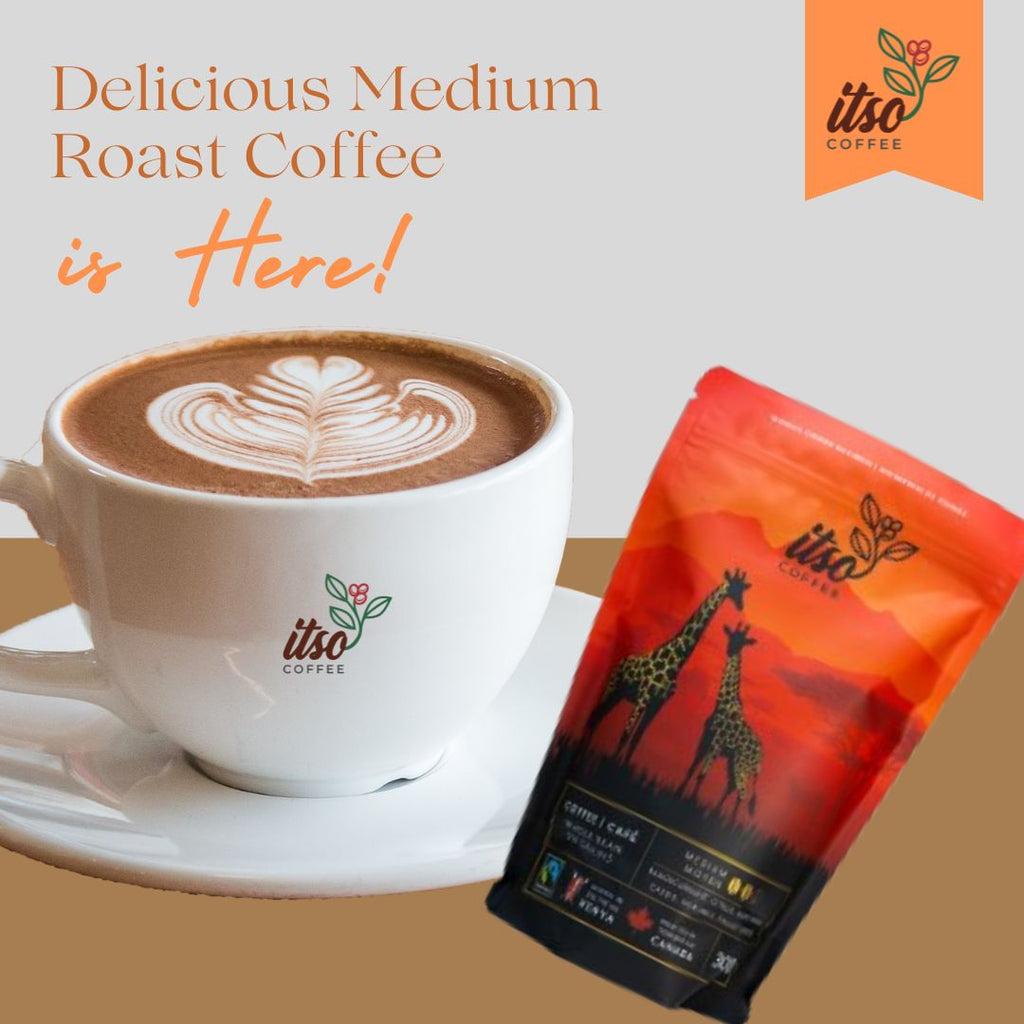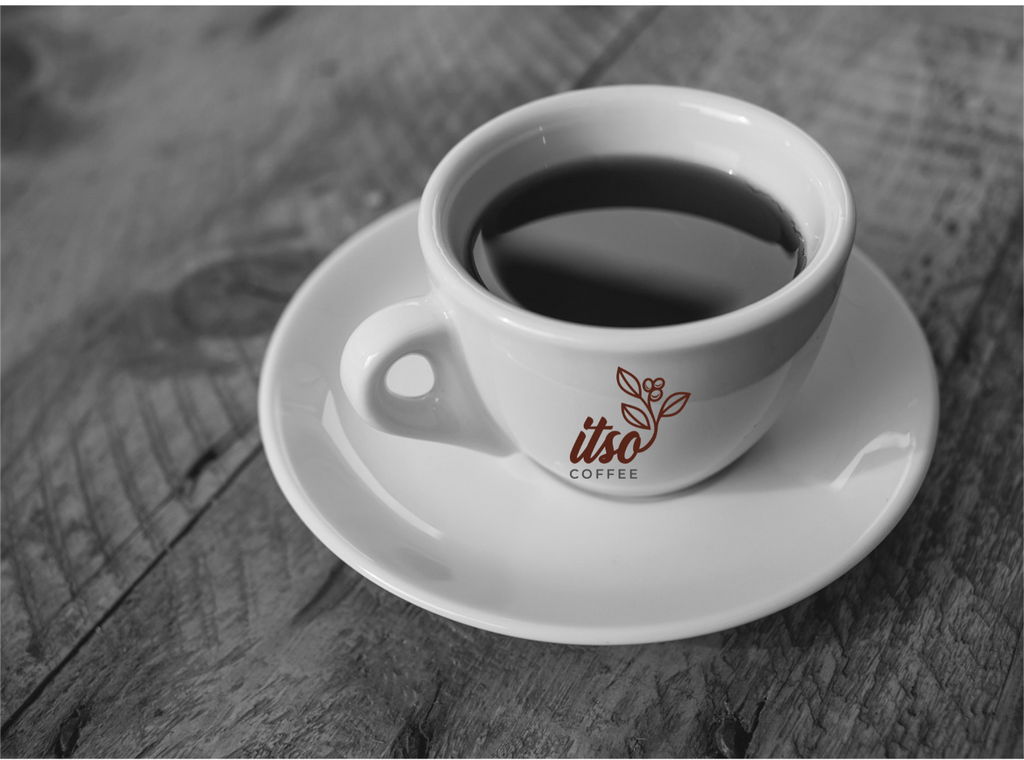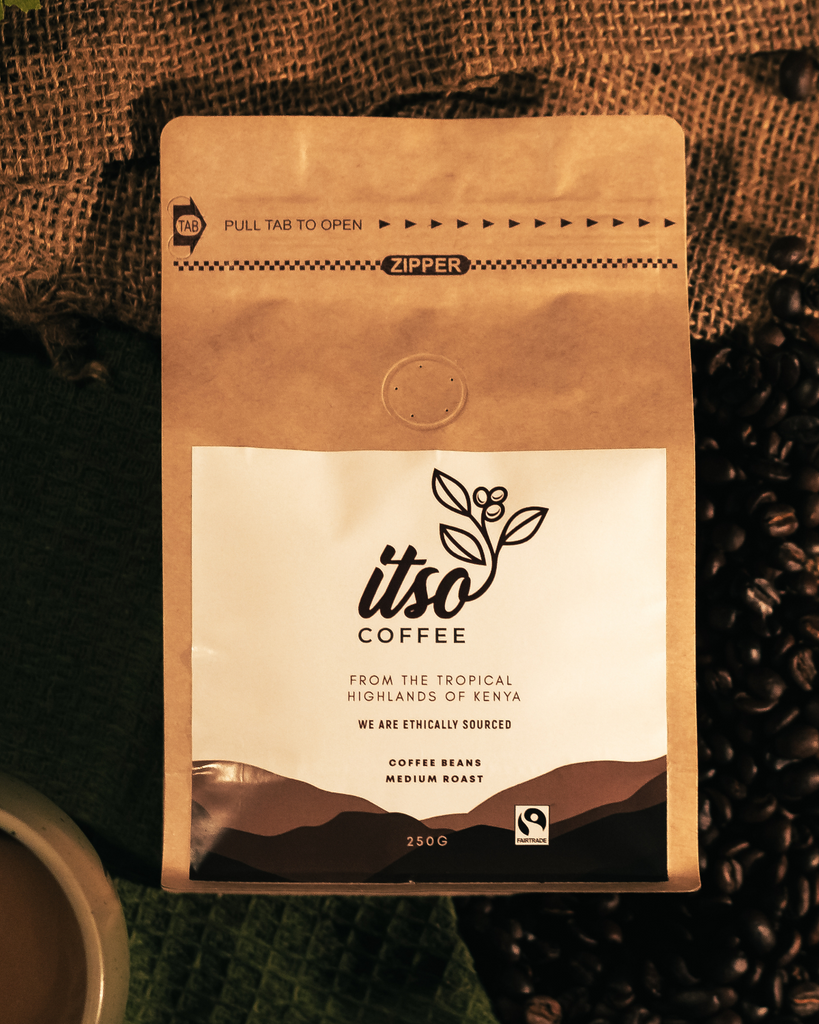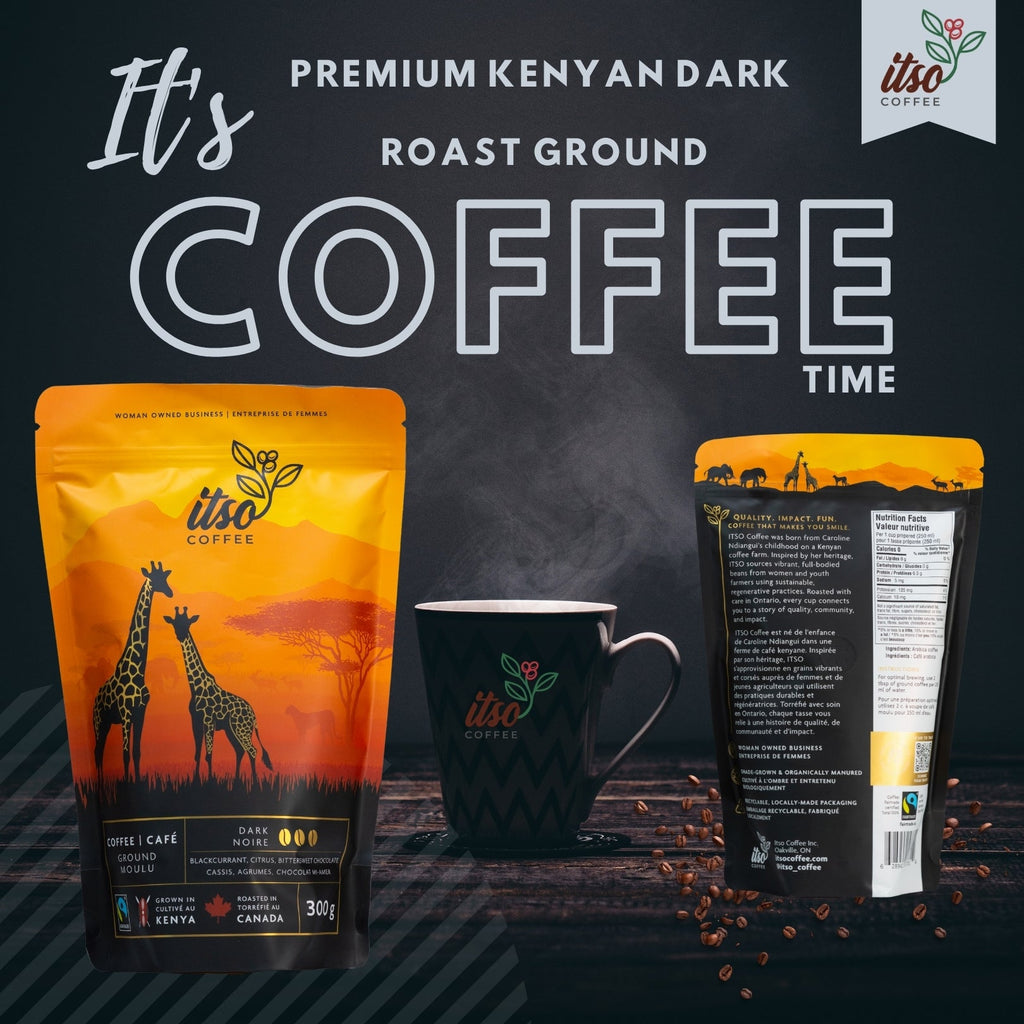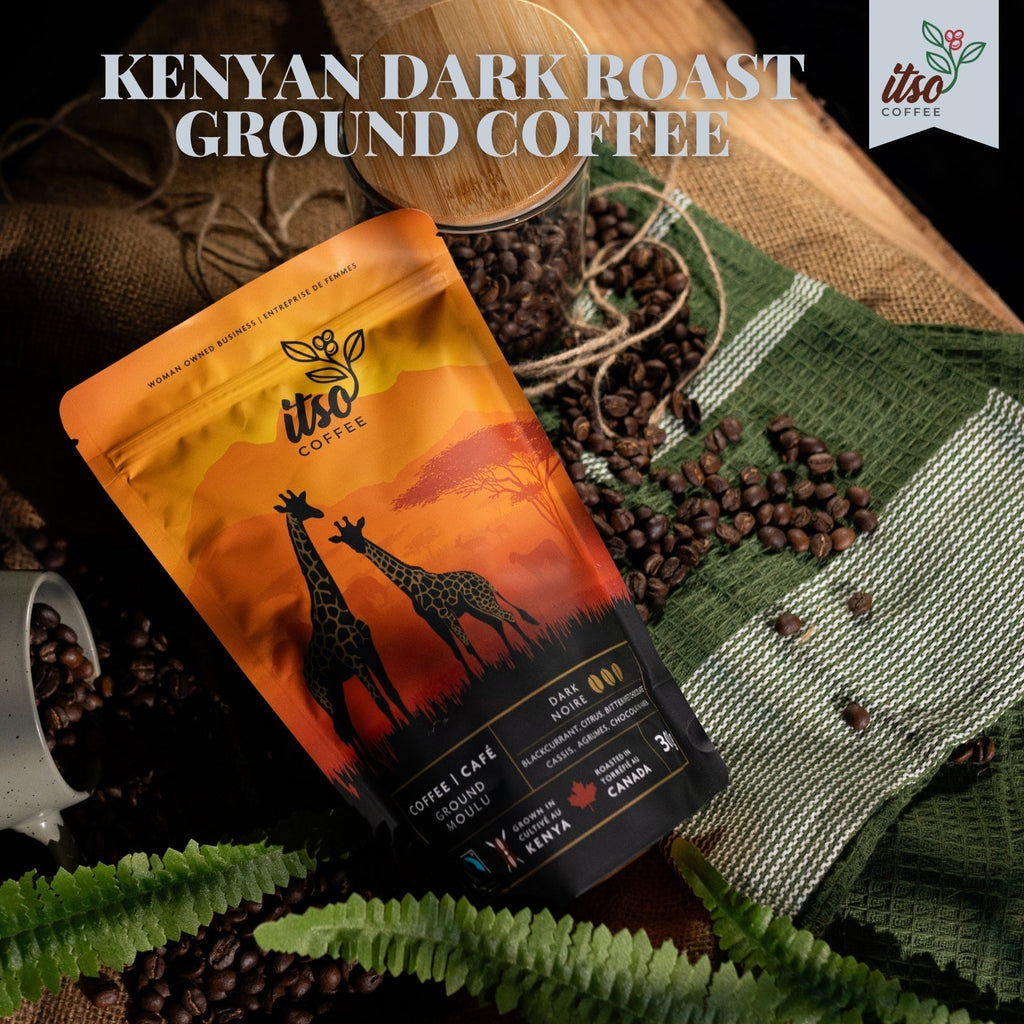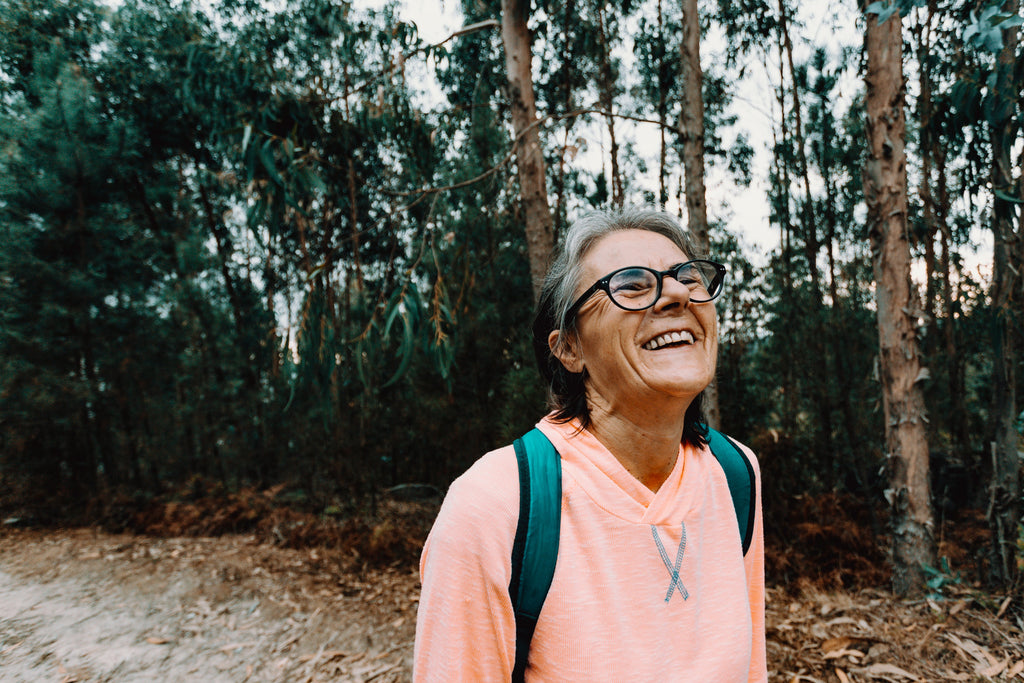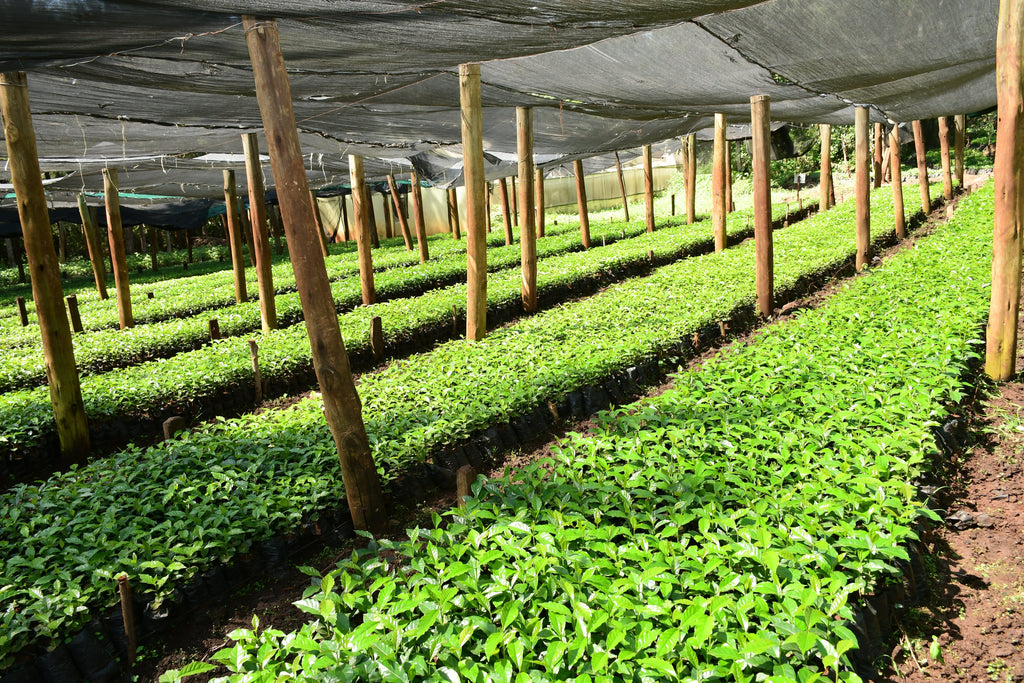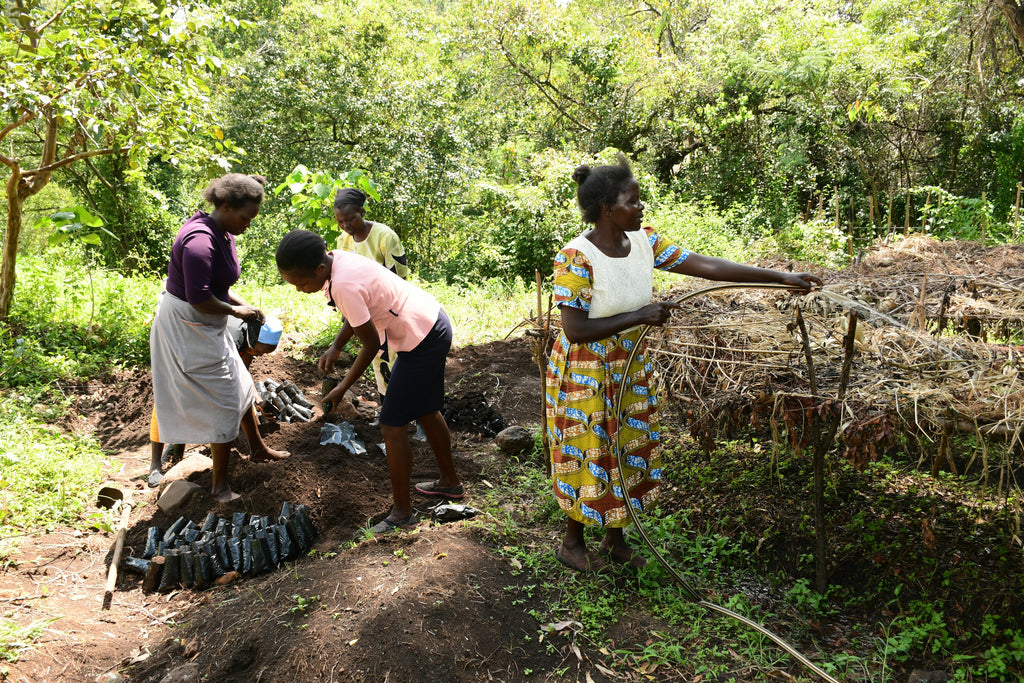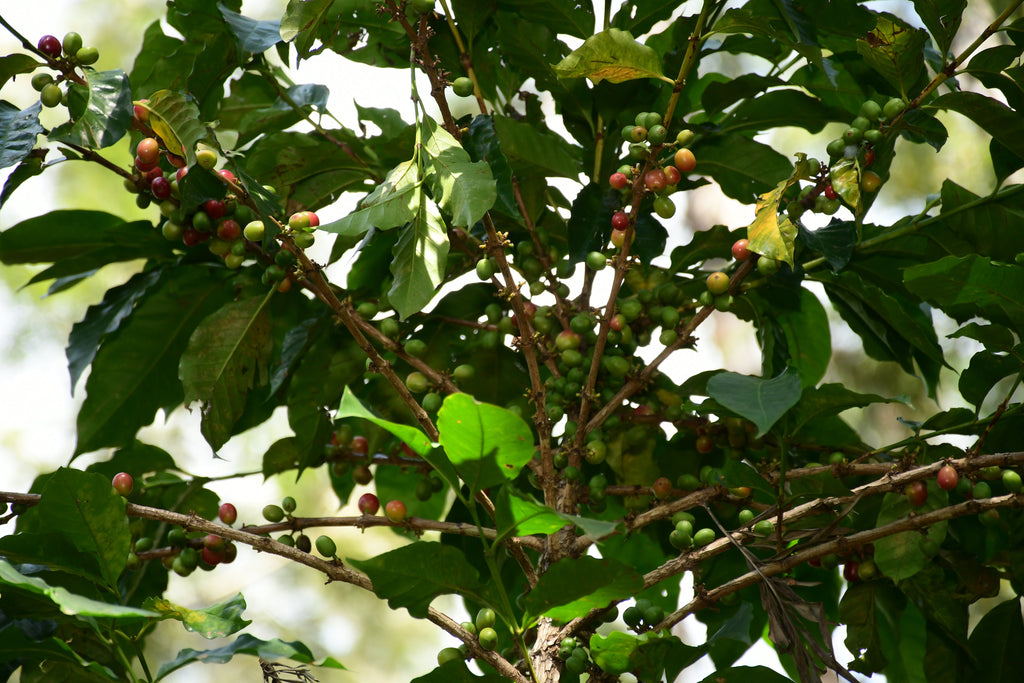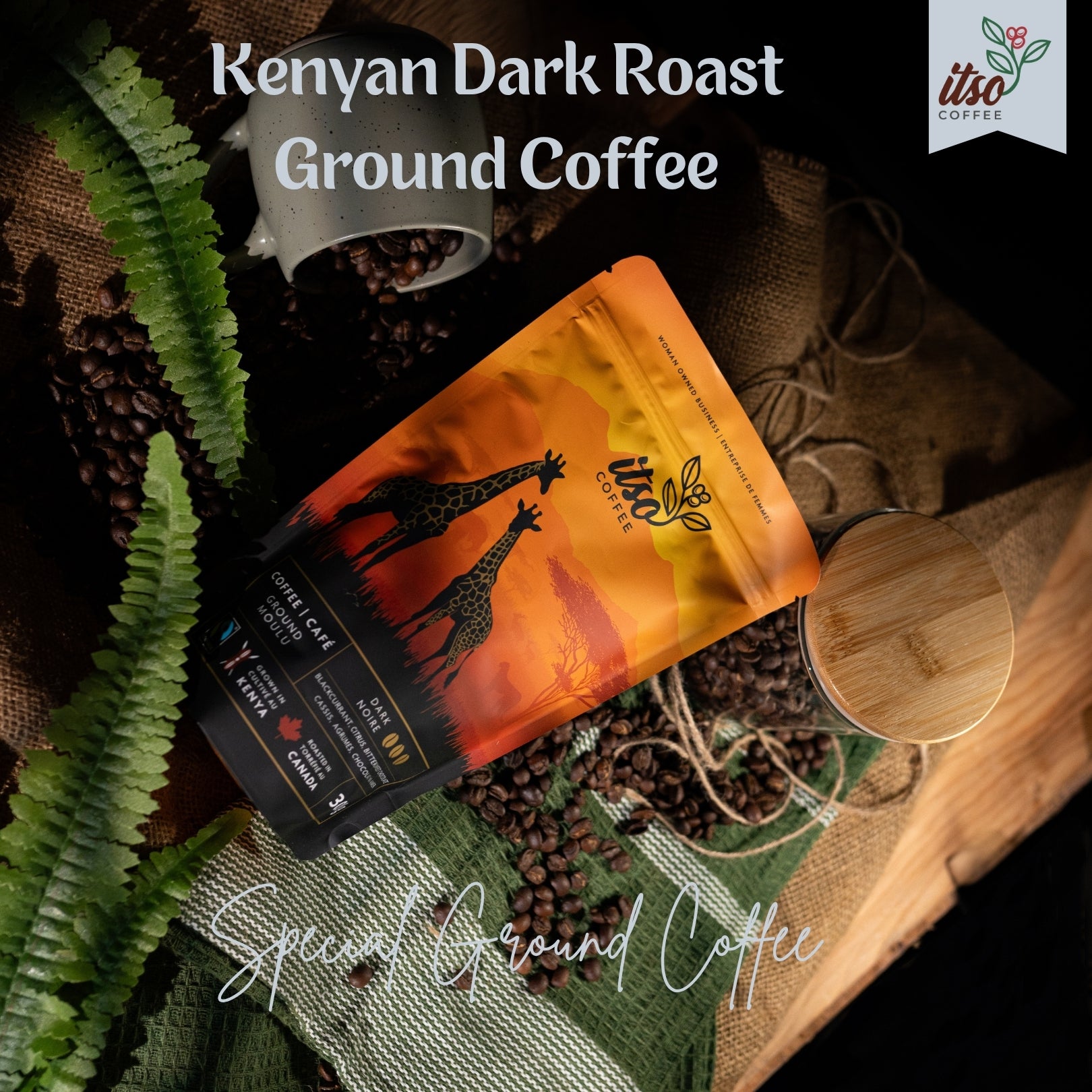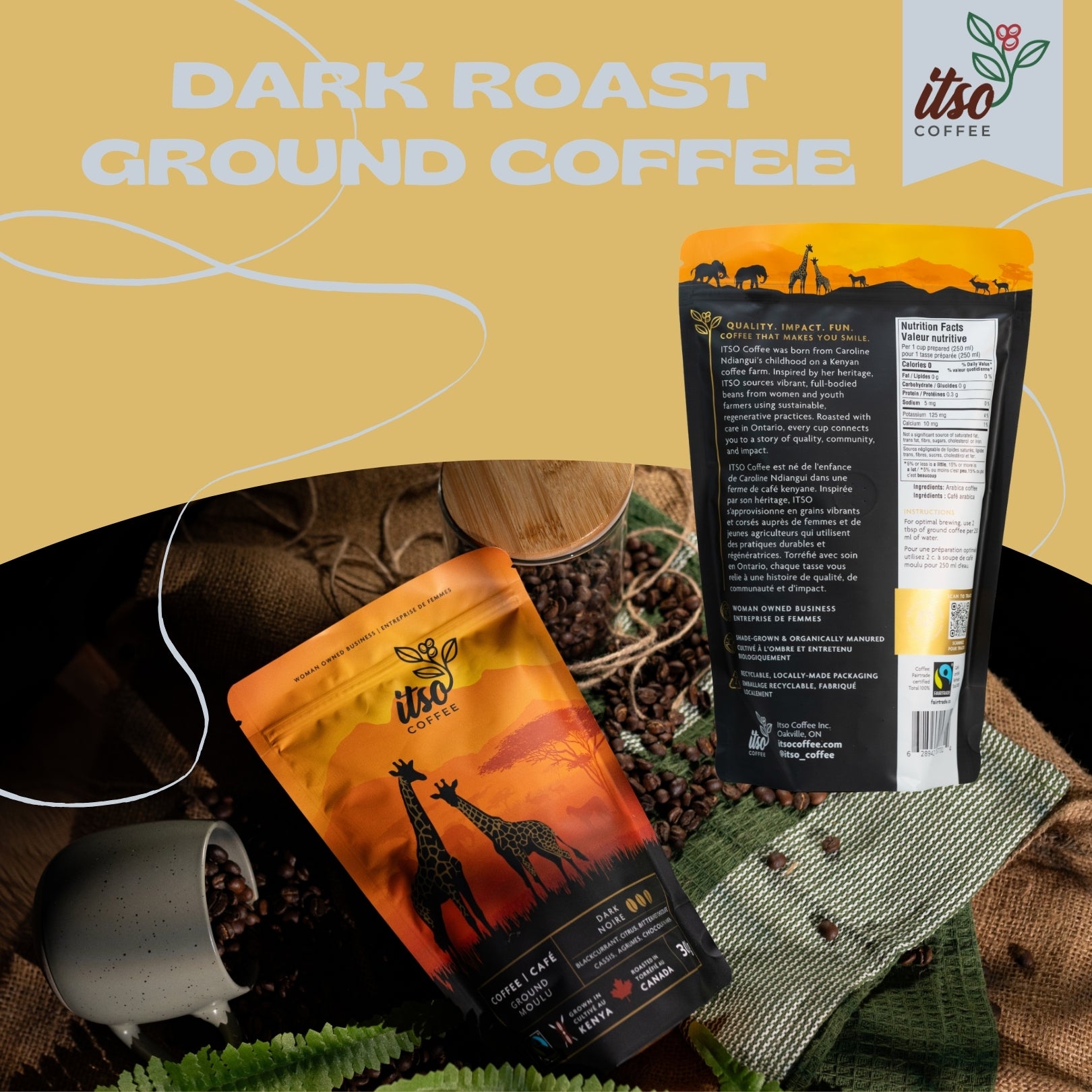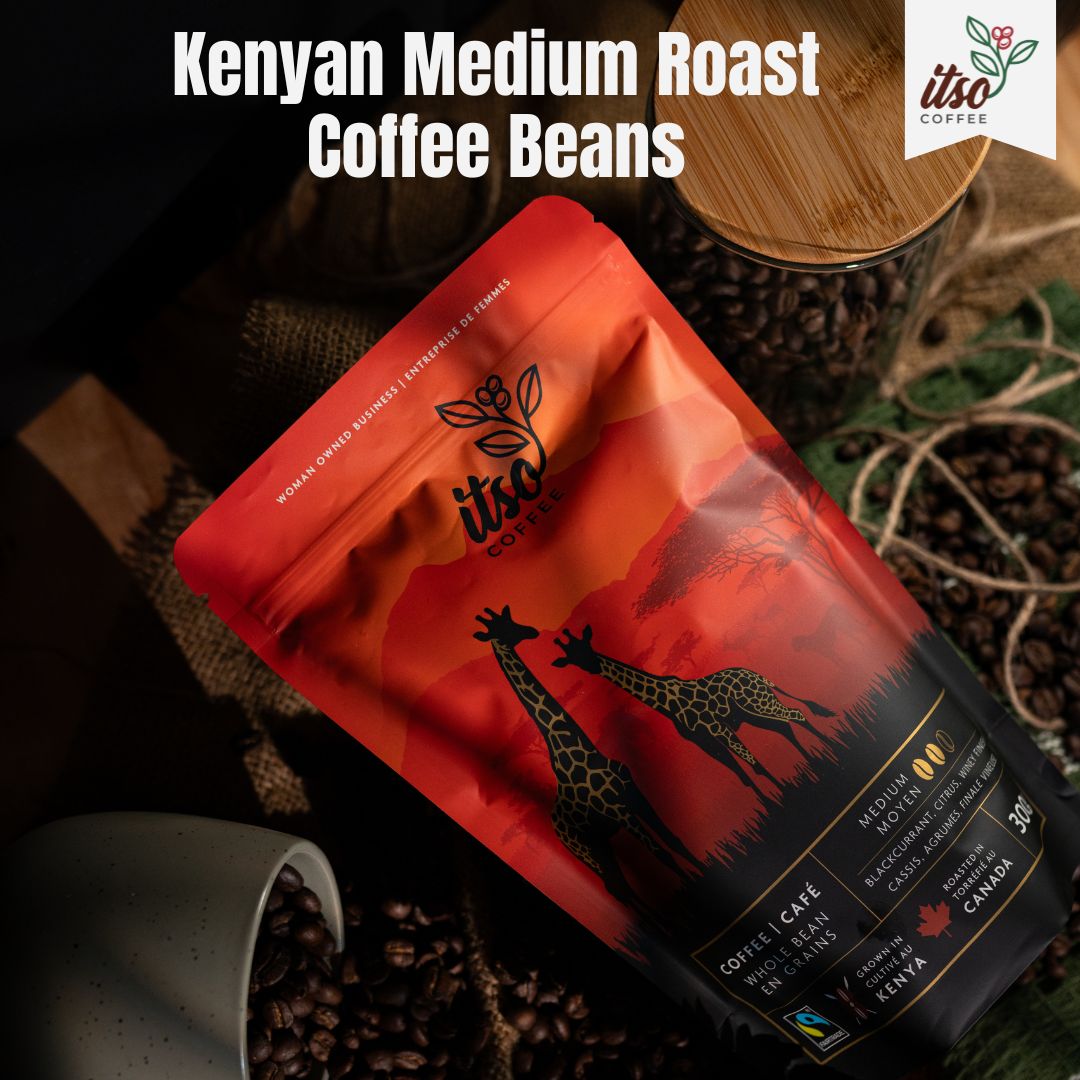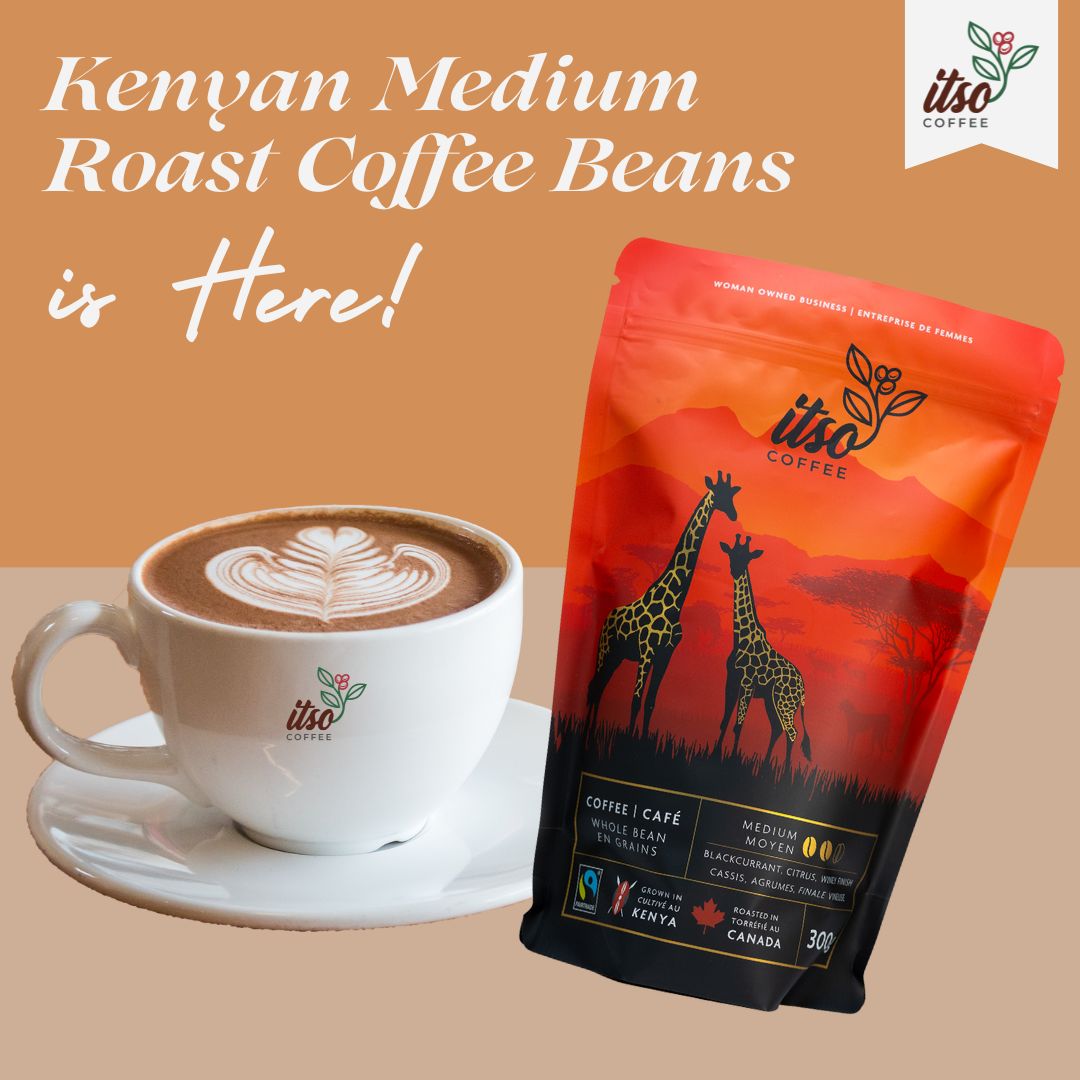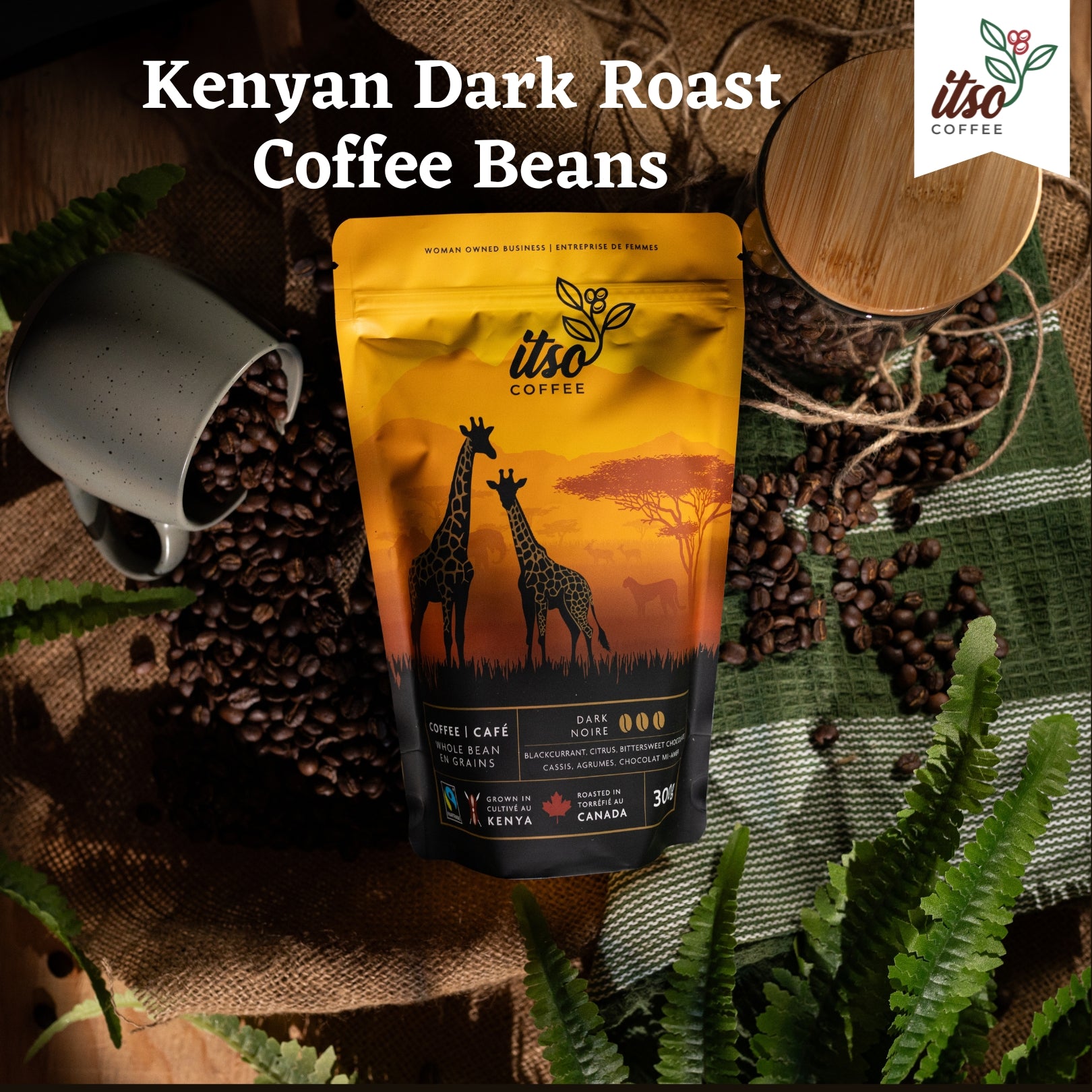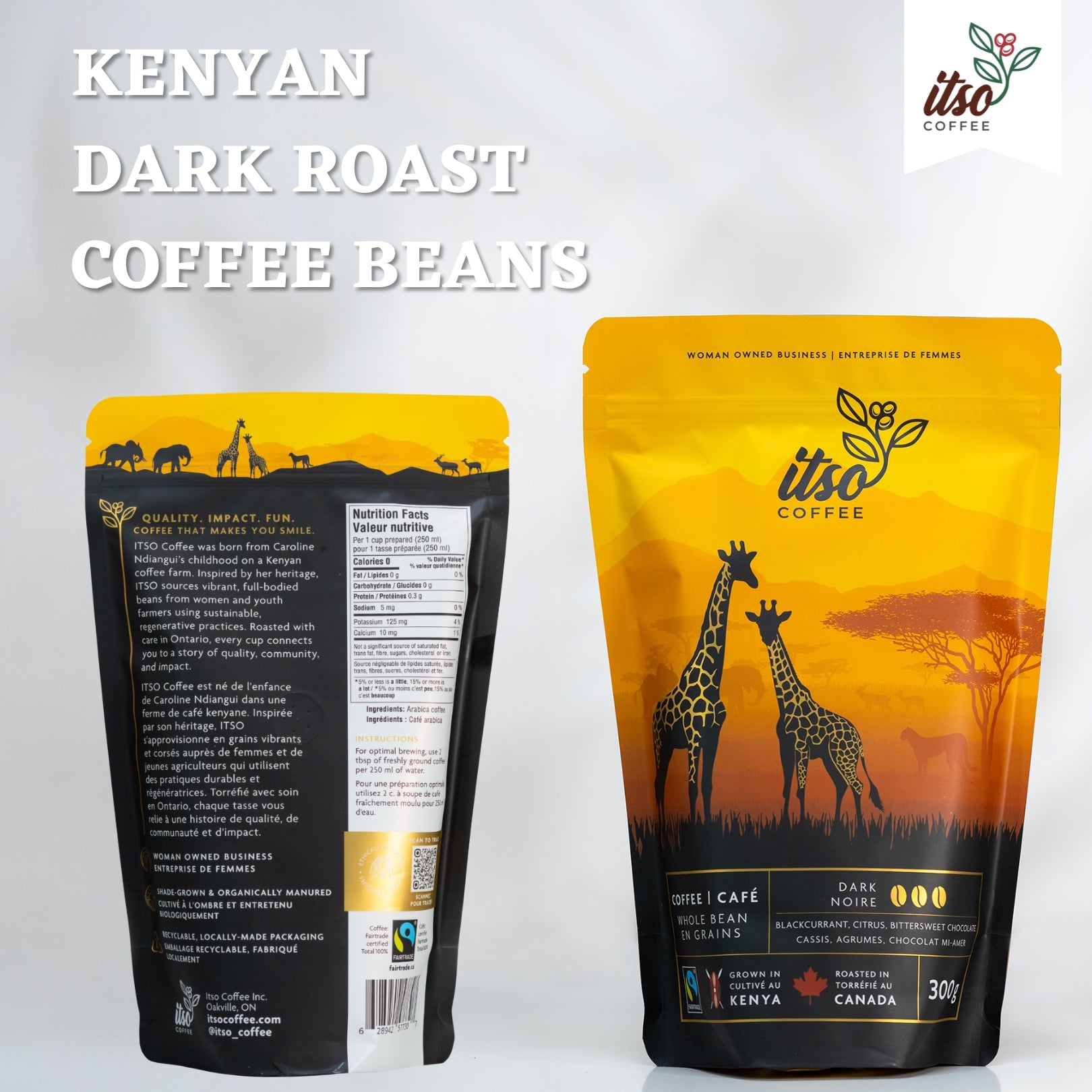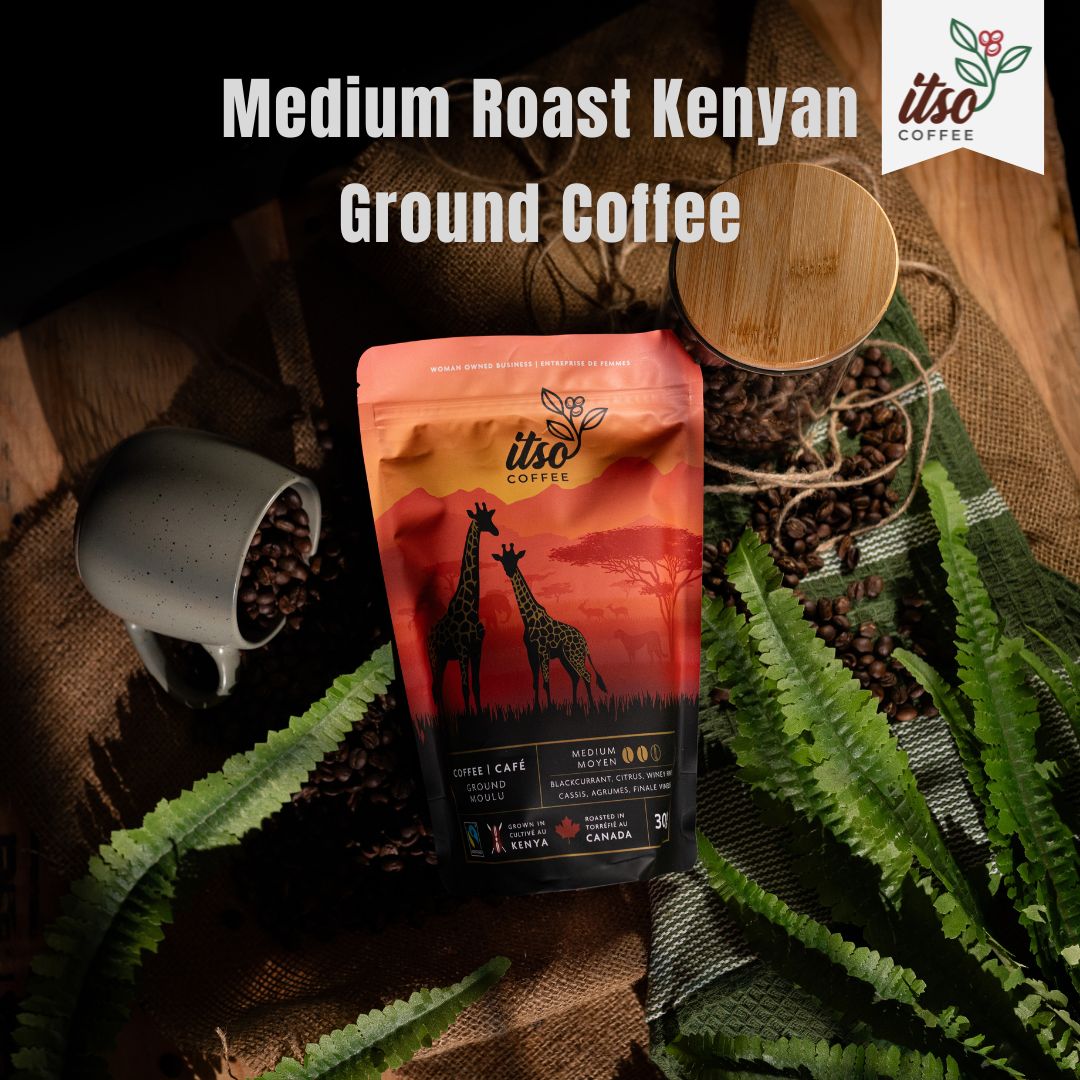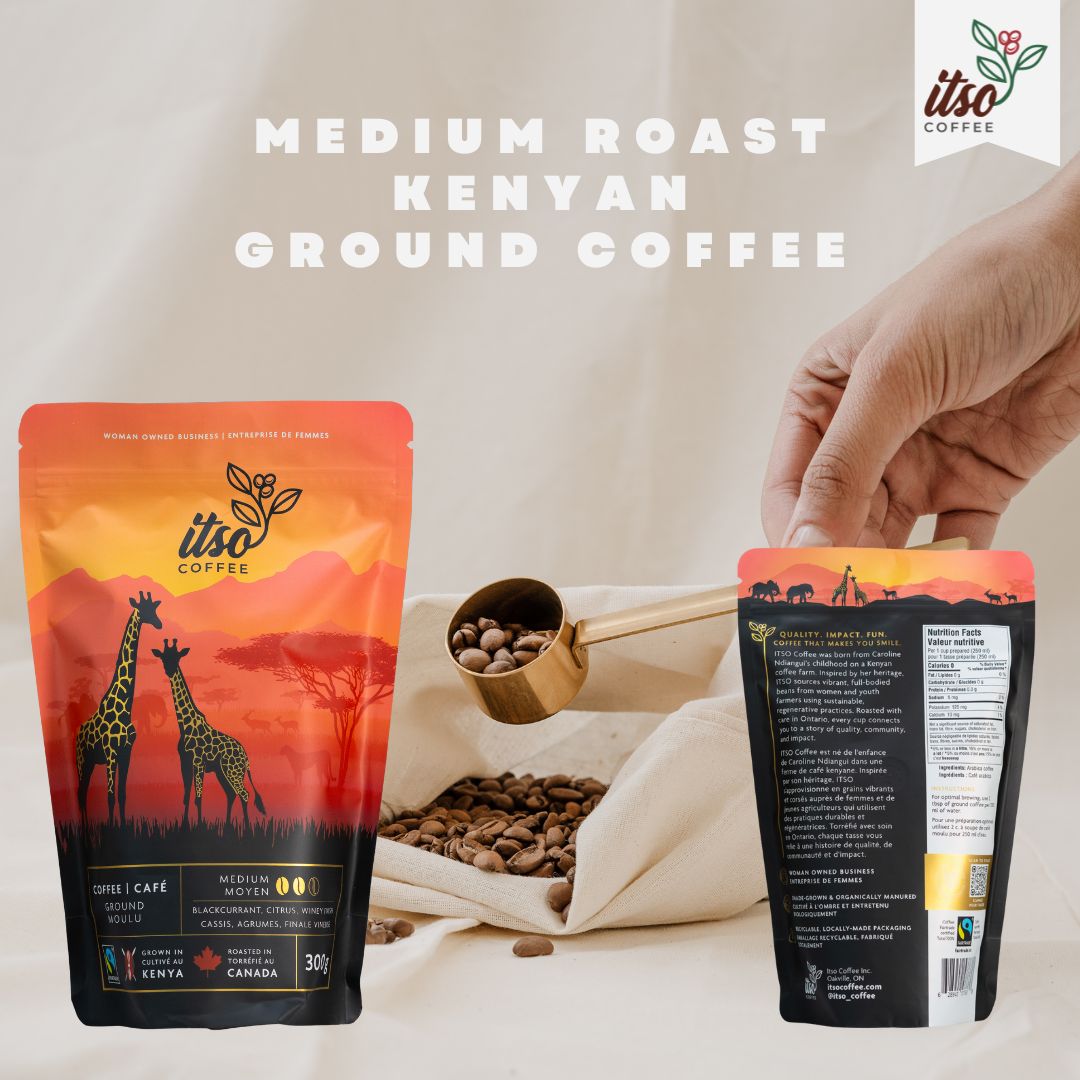
Journey of Kenyan Coffee: From the highlands to Your Mug

Kenya is one of the most renowned producers of coffee world over. The highlands, volcanic red soil and the perfect climate make it one of the best areas to grow tasty coffee beans. Coffee growing was introduced in Kenya over a century ago, and has since become a source of pride and income for tens of thousands of farmers in the country.
The Role of Small Farmers
Kenya’s coffee is largely produced by small-scale farmers. Small coffee plots, along with other crops, are common in many households. These farmers meticulously select the reddest coffee cherries and bring them to local processing stations.
Standing behind these farmers is part of a much larger vision to empower communities and build the future around Kenya’s coffee history. Many of today’s cooperatives also focus on fair trade and sustainable farming, ensuring farmers are paid fairly for their labor.

History of the Cherry to Bean Journey
Between the picking and your mug, the coffee cherries are subjected to several processes. Each step influences the taste and character of the result.
- Picking: Hand-picked only the red, ripe cherries. Thus, only the finest beans move forward.
- Pulping: The cherries’ skin is removed to expose the coffee beans.
- Fermentation and Washing: Beans are allowed to go through the process of soaking and washing to remove any slimy coating.
- Drying: The washed beans are then sun spread to dry.
- Milling: The dried beans are decorticated and graded by size and quality.
- Kenyan Coffee: Grading of Kenyan coffee is done with a lot of care before it is exported. The best grades are designated as AA or AB.
After the beans leave Kenya, they travel across oceans to arrive at roasters and distributors who ensure their natural flavors are maintained.
What Makes Kenyan Coffee Special
Kenyan coffee is revered for its bright, complicated flavor. It’s frequently flavored with hints of berries, citrus and wine. The sweetness and acidity are a bit of a battle which makes it surprising.
Here are some qualities that do make it stand out:
- Unique Flavor: No two cups are alike but you'll always get the same bright notes.
- High Altitude Farming: The cold weather allows the beans to grow slowly, developing a rich taste.
- Rigorous Grading System: Each and every coffee bean is carefully tested in our lab, examined for its specific taste noting beans of the highest quality.
- Method: Washed This treatment keeps the coffee bright and sparky, emphasizing its fruity side.
When you buy Kenyan coffee in North America, it is clear there is a difference in careful farming and processing.
Supporting Women in Coffee Farming
In some Kenyan farming communities, women are largely tasked with growing, picking and processing coffee. They have not had equal opportunities or recognition, though. There have been more initiatives created to support women farmers through giving them access to education, training and leadership opportunities.
When you choose coffee that empowers women, you enable the creation of stronger families and communities. It enables women to earn decent wages and put money into their children’s education, health and future.
From Roasters to Your Mug
After the beans land at coffee roasters in other countries, they must be persuaded to give up their flavor potential. Roasting is how the fragrance and personality of each bean is normalized. Roasters test different roast levels, from light to dark, until they have found the perfect balance.

Why Choosing Specialty Coffee Matters
Specialty coffee is not really its own unique type of coffee, but rather a designation based on how high-quality a particular coffee bean was graded for taste and evenness. Specialty coffee is cared for with extra attention, frequently by farmers who engage in sustainable practices.
Opting for specialty coffee means you won’t be sacrificing flavor quality in order to benefit the farm. And that everything is done responsibly, all the way from the farm to your cup, with care for humanity and the planet.
Kenyan Coffee Loved the World Over
Coffee enthusiasts globally from Canada to the US are simply infatuated with Kenyan coffee blends. An increasingly common offering at cafes and roasters, they are favored for their peppery flavor and intense aroma. Demand is growing as more people learn about ethically sourced, high-quality coffee.
Conclusion
Kenyan coffee is a place of constant change. Farmers are experimenting with new strategies to combat climate change, enhance soil health and increase yield. The majority of cooperatives are now attuned to organic agriculture and friendly-processing technology.
Technology is also empowering farmers to reach international buyers more directly, permitting them to get fair prices for their beans.
Opting to buy Kenyan coffee in North America supports these changes and secures the future of Kenyan coffee for many generations to come.
Frequently Asked Questions:
How is Kenyan coffee different compared to other places?
Kenyan coffee is characterised by its high acidity, juicy body and bright fruit flavours. The country’s high-altitude farms and volcanic soil provide ideal growing conditions, which, in turn produce richly nuanced flavors.
How can I help women farmers in Kenya?
You can support women farmers by buying coffee from cooperatives and brands that are empowering and training women in the production of coffee. Seek out products that are labeled “women-grown” or “fair trade.”
What does specialty coffee mean?
Specialty coffee are the highest-quality beans from specific growers that have been farmed, harvested and roasted with attention to detail. It typically gets high marks in taste tests, and it’s farmed in an ethical and sustainable way.
What is the best way to store my Kenyan coffee beans?
Store your beans in a cool, dry location in an airtight container. Do not expose yourself to sunlight or humidity in order to maintain their flavor and fragrance.
Do I have to drink Kenyan coffee with exotic brewing techniques?
Yes, You don’t need fancy equipment. If you’re just looking for a clean cup of Joe, all it takes is a basic French press, pour-over or drip coffee maker and this thing shines. All you really need is fresh beans and clean water.
Join the Itso Coffee community on Facebook to discover brewing tips, customer stories, and exclusive offers about our Fairtrade Kenyan coffee!
